By the time John Jones takes the stage the crowd is already full of energy.
The drinks have been poured and the dance floor is a frenzy of shuffle dancing, swagger swaying, and electric bouncing.
As a world-class DJ signed to the Hed Kandi label, the British native has seen it all before. But tonight is not a typical night for him. Tonight he’s playing a room packed full of energetic Koreans at club Ellui, one of the biggest clubs in Asia and the current Seoul hotspot.
“I love coming to Seoul,” said Jones. “Everyone is so genuine. They will party hard right until 5 a.m., no drugs, just genuine love for the music. It’s not the same as the clubs back home.”
Five years ago that might not have been the same case.
Seoul’s electronic music scene has been slower to blossom compared to its Asian counterparts, and the club culture is still relatively young. But Jones is part of a growing trend in the scene, which has seen the numbers of international musicians skyrocket in recent years.
It’s a trend that is bringing lasting changes to both music and night life in the megacity.
“Five years ago you wouldn’t have seen the type of crowds you see now,” said Fred Han, co-founder of the HSK Events party promotion company. “These days almost every club, on a Friday or Saturday night, they are full.”
That’s thanks in large part to party promoters and club owners, like Han, that have been pushing the popularity of electronic music forward in Korea. In the last few years their efforts have brought musicians like Paul van Dyk, Deadmau5, Diplo, Infected Mushroom, Fat Boy Slim and scores of other DJ’s from around the globe. Han says this explosion of world-class talent has been driven by competition and marketing.
“Clubs in Europe often have a specific identity, a kind of music or specific atmosphere, but we don’t really have that here yet,” he said. “The only real way to get people out to the club is to invite a big name for an event.”
Staying ahead of the curve is important. It was only eight years ago the first euro-style club, M2, opened in Hongdae, the arts district surrounding Hongik University in central Seoul. Since that time over a dozen major clubs have sprouted up, most notably in the Gangnam and Cheongdam districts, the wealthiest areas in the city. Increased competition has meant expensive marketing campaigns.
“It can cost anywhere from $10,000 USD to $100,000 USD, depending on the DJ and whether or not there are event sponsors,” said Han. “Many nights that feature major headliners the club doesn’t make money, they just break even or sometimes they even lose money.”
Ryu Ho-seon, Ellui’s foreign division manager, says the high costs are necessary to promote the business.
“Koreans still aren’t used to going to clubs just for good electronic music,” said Ryu. “They want a big event, a chance to see someone famous, something they can talk about.”
Whatever the costs, it seems to have worked. Ryu has seen a huge response from his clientele. Even on nights where major headliners aren’t playing, Ellui manages to fill up and it has remained an A-list club since it’s opening in April 2011.
But Ryu says there is more to it than just effective marketing.
“It’s not just the clubs that are changing, the people are changing,” said Ryu. “There has been more European and Western influence in every aspect of Korea including leisure time.” The club goers agree.
“Electronic music has already become popular worldwide, especially in Europe and America,” said Jeemi Nam, a 32 year-old restaurant owner and lounge DJ. “Koreans like to try popular things from the west and we are really accepting of those things.” Others say it’s a more fundamental element of the Korean condition.
“Koreans have music and dancing in their blood,” said Kim Yang-hyun, a 26 year-old club goer. “If we have a chance, we really want to have fun and enjoy that.”
지금 뜨는 뉴스
She won’t have to worry about a shortage of opportunities this year. With an upcoming performance by Paul van Dyk in May, and the Dutch phenomenon Tiesto scheduled to perform later this summer, 2012 promises to be another breakout year for electronic music in Korea.
※ Any copying, republication or redistribution of 10Asia's content is expressly prohibited without prior consent of 10Asia. Copyright infringement is subject to criminal and civil penalties.
10 아시아 Correspondent Reporter: Curtis File jesskim@
10 아시아 Editor : Lucia Hong luciahong@
10 아시아 Editor : Monica Suk monicasuk@
<ⓒ투자가를 위한 경제콘텐츠 플랫폼, 아시아경제(www.asiae.co.kr) 무단전재 배포금지>
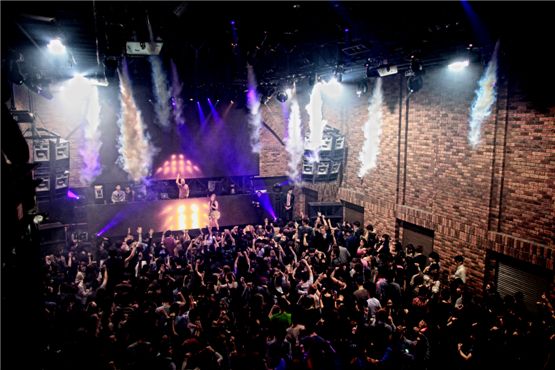

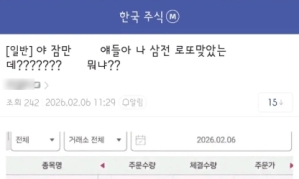
![전문가 4인이 말하는 '의료 생태계의 대전환'[비대면진료의 미래⑥]](https://cwcontent.asiae.co.kr/asiaresize/319/2026013014211022823_1769750471.png)

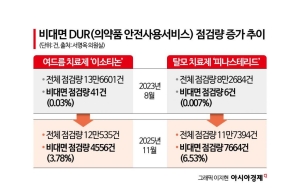


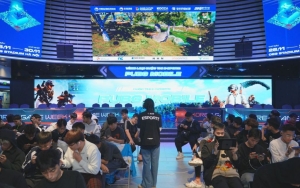

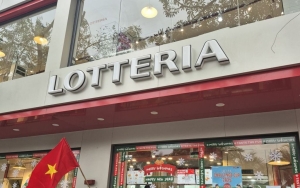
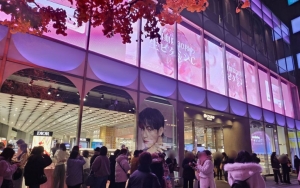
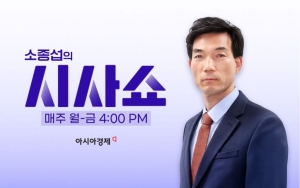
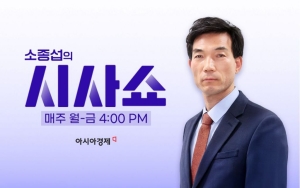
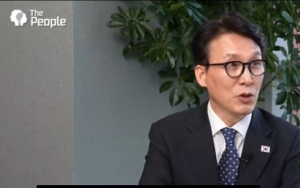
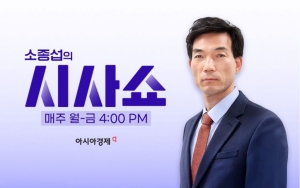
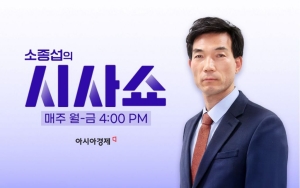
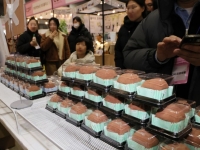
![또 19억 판 아버지, 또 16억 사들인 아들…농심家 '셋째 父子'의 엇갈린 투심[상속자들]](https://cwcontent.asiae.co.kr/asiaresize/308/2026013009165322085_1769732214.jpg)



![1년새 10배 올랐는데 아직 더 남았다…폭발 성장하는 이 기업[주末머니]](https://cwcontent.asiae.co.kr/asiaresize/308/2026020811051332854_1770516313.png)


![쿠팡 잡으려고 대형마트 새벽배송…13년 만의 '변심'에 활짝 웃는 이곳[주末머니]](https://cwcontent.asiae.co.kr/asiaresize/308/2025042307522530624_1745362344.jpg)
![금·은·비트코인까지 '출렁'…트럼프 선택, 왜 하필 '워시'였나[주末머니]](https://cwcontent.asiae.co.kr/asiaresize/308/2025100509211360399_1759623673.jpg)